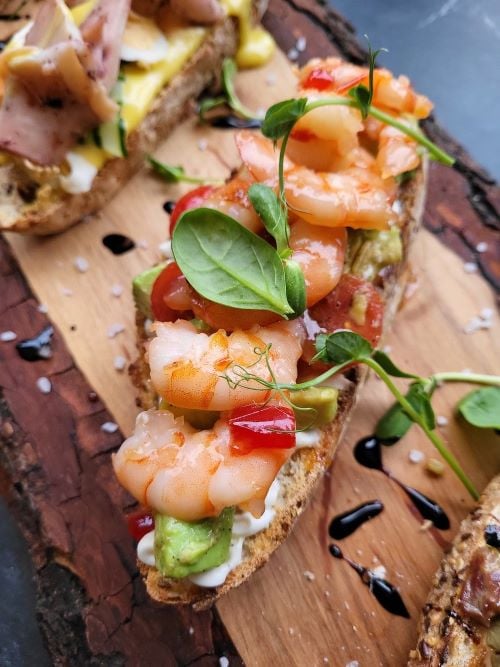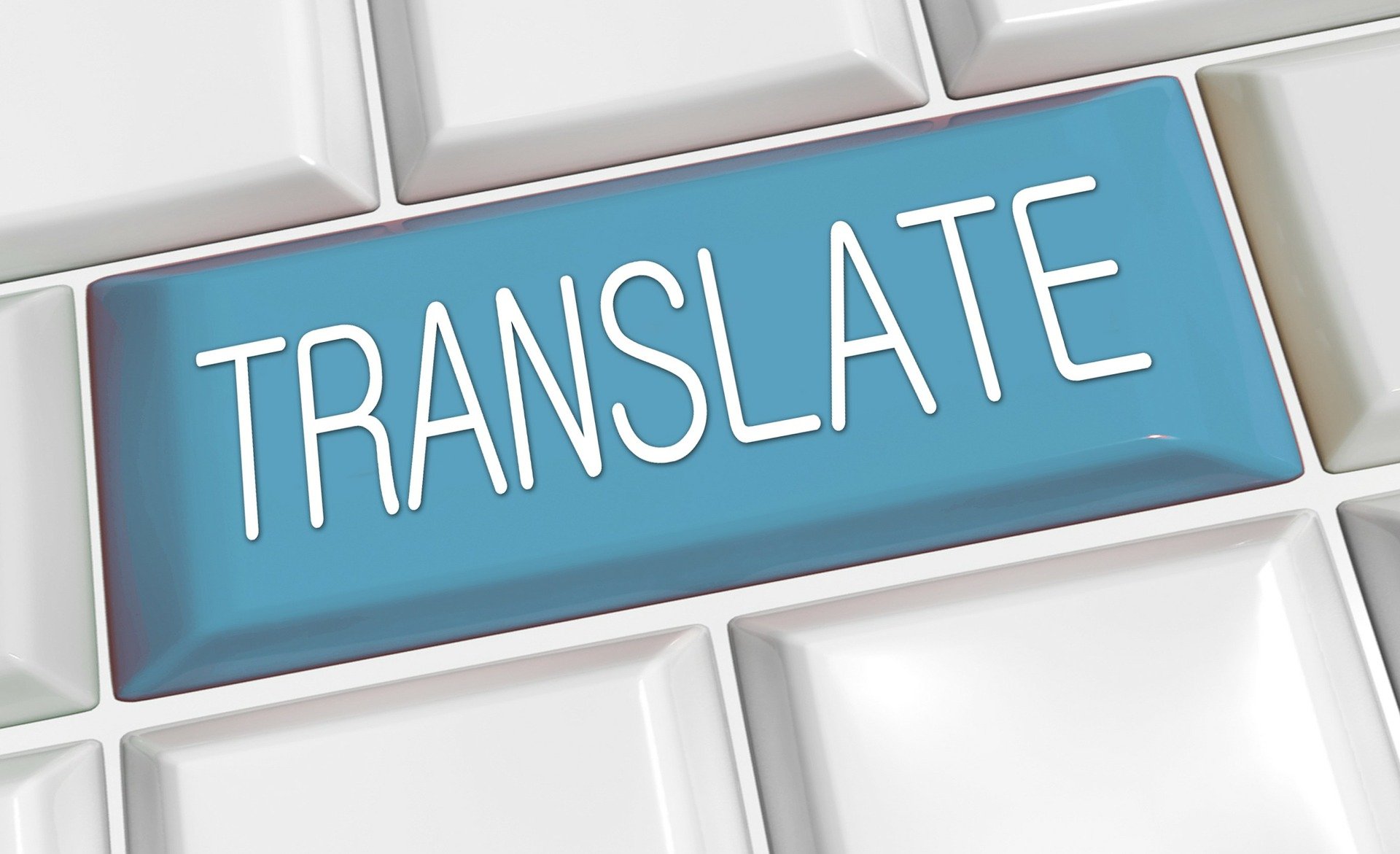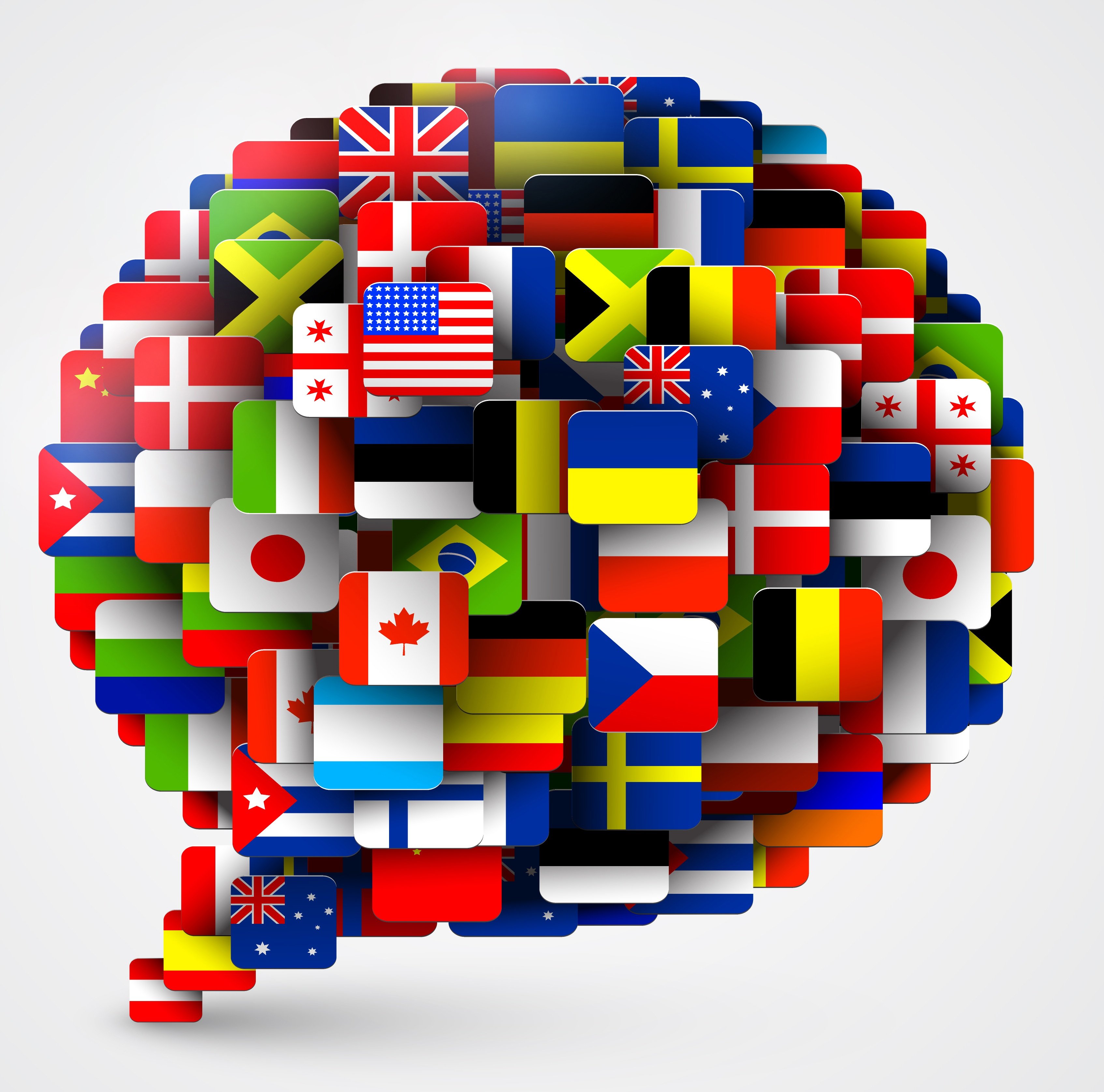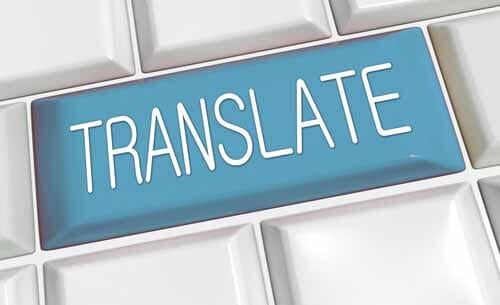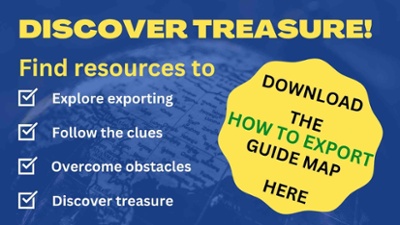Listen to Audio Version:
So many organizations decide to branch into international markets for the wrong reason. Perhaps they receive a call from China or Brazil, asking to represent their brand. But that company may not necessarily be the best choice for various reasons. Or they choose the wrong international partner simply because they were the first to ask. The trick is, how do you change this reactive mindset?
 Start from the Top
Start from the Top
To avoid becoming an ”accidental exporter,” choosing partners (or customers) based on whoever knocks on your door, you need strong leadership from the top down. If the VP of US Sales instructs you to expand to other markets, this differs dramatically from entering a market randomly. Determining how to sell internationally is an entirely different approach than selling in the United States. The key is to learn how others in your industry differ in their overseas market approach, and what tools to use to enter that market.
In China, for example, retail is dominated by online business. Wholesale selling isn’t standard in the Chinese marketplace. Instead, businesses lease space in large malls or find local partners. Bill Tung, International Expansion Advisor at Peaks Consulting and former VP of International Sales at companies such as Reebok, New Balance, Columbia Sportswear and Rockport, explains in The Global Marketing Show podcast episode #29: “Their department stores are like landlords. Each brand signs a lease within the department store for space. Or you need a partner to help.”
One Size Does Not Fit All
One size definitely does not fit all in this situation, so you will need a partner. How do you find someone to help? Hire people with experience that have managed this process before. “You can’t expect the US sales force to do that,” notes Tung. “You need to hire someone to manage the international division who can coordinate processes like logistics, finance, customer service, accounting, marketing, and product sourcing. Most important, you need someone who understands the process. They should understand how to sell and communicate in the local market. One size does not fit all.”
Also, keep in mind that optimizing SEO for the search engine that local consumers use is important. For example, in China search engines Baidu and Shenma are the most used and are key for selling. In addition, small and midsize companies in the US that want to go international can access STEP grants from their state’s SBA office to help them take their businesses international. Learn more about STEP grants in podcast episode #66 - Just Jump into Exporting – and Don’t Forget Translation.
Do Your Research
Too often, organizations jump into a new marketing campaign or new tag line and send it overseas without researching to see whether it will work in a different culture (don’t make the same mistakes as these companies). Marketing may just say, ‘get it translated’ assuming that just offering it in the right language is enough. This is a huge mistake. Bill Tung retells the story of Columbia Sportswear on the podcast episode Global Sportswear Peddler Shares Fun Experiences, and how they first tried to translate their old tagline “Trying stuff since 1938”: “Trying to translate the tag line became very difficult. The word ‘stuff’ meant a variety of different things depending on the language, everything from trash to marijuana in Australia. It turned out to be a concept that didn’t work well at all outside of the US!”
The point is, it is critical to test ideas, everything from different words to concepts, with your world-wide partners before launching into a global campaign. Unfortunately, many organizations fail to do their due diligence ahead of time. Moreover, marketing managers and directors may often feel pressured to approve concepts quickly to avoid appearing ‘difficult,’ resulting in a challenging situation. The triangle between product, marketing, and sales can often be a tricky relationship to maneuver. Additionally, company culture often becomes a factor when entering new markets.
Earlier the Better
So, what is some advice to help prevent mistakes such as these? Get your translation partner involved as early as possible in the marketing plan. You don’t always have the luxury to be able to create different marketing plans for each country as you move forward. Often, translation is ordered top-down from corporate, or companies let localized markets do their own translations that may lead to watered down or modified marketing messages. Working with a partner from the start helps to alleviate this reactive approach and will be more efficient in the long run. Read more about issues when asking distributors or employees to do your translations.
Respecting local consumers
You can learn from companies that have localized their marketing well. Adidas in China, for instance, was one of the earliest consumer brands to localize their marketing successfully. They recruited local Chinese athletes and shot ads and videos locally in China, instead of using a campaign sent from headquarters. Additionally, they featured their key opinion leaders on social media, resulting in a campaign that resonated with local consumers. In 2021, Adidas centered an entire campaign around the Chinese New Year and Year of the Ox. Notes Tung: “They understand and respect the local consumer. They have used local people in their campaigns in a tasteful way. They understand that they buy and shop differently. Because of this, they’ll continue to succeed in China.”
How does a small or mid-sized company localize? It may not have as many resources at hand as a larger organization, so it must rely on efficiencies through distributors or licensees. But you can still have a conversation with partners around the world. Ask, is this going to make sense or not? Today, so much marketing and selling is done through visual tools or digital streaming, making it much easier and cheaper to reach vast audiences.
Some Tips
Here are some general tips when translating and localizing your marketing campaigns in a new market:
- Be careful of politics and cultural issues. In China, for instance, you need to be very sensitive about how these two areas intersect. The word ‘free,’ for example, does not carry the same connotation as in the western world.
- Don’t use slang or colloquialisms when translating. “Out of left field” doesn’t translate everywhere.
- Be aware. Unfortunately, many people forget that English is not the global language. Using the native language will improve your campaign’s success.
- Simplify, simplify, simplify. When translating, avoid using double negatives and try to get to the point quickly. Don’t say, “our thoughts run in parallel” when you could say, “we agree.”
Building Rapport
When dealing with international commerce you need to be understanding, patient, and respectful of the local culture. You want to build rapport across different languages by having an understanding of, and respect for, cultural differences. For example, Americans tend to want answers immediately. The Dutch are famous for being even more direct. In Japan, however, people take their time and often pause in long silences while they consider their thoughts. They may discuss, and then think silently. They are extremely polite and may not ask many questions, especially older generations. Remember, it also takes time to translate silently from one language to another.
It’s also important to remember that people are people, and consumers think, behave and act differently from one country to another. One size does not fit all. In the US we want big – think about those Big Gulp cups from 7 Eleven – but that is not so in other places. For example, European and US clothing sizes are different, and men tend to wear their T-shirts tighter than in the US. Shoe sizes and widths also differ. Shoes selling in Asia, for instance, run very narrow. But don’t be the company who says, “well, just sell to people with narrow feet.” That approach will not work. Adapt and understand your customers.
Bill Tung’s best piece of advice: “If you know something about the country you’re visiting or trying to do business with you will start to break down barriers. Read about the place. Learn about current affairs. Before you get on a plane, google something about that country. And eat what is put in front of you! Be adventurous and open.”
Rapport International specializes in multilingual communications, providing language translation and interpretation services that are accurate and culturally appropriate. We use the right voice, correct terminology to avoid liability, customize services to your needs, and deliver on time and within your budget. And with our 100% satisfaction guarantee, you can trust that it’s done right. Contact us today if you would like more information or to get a free quote.
About the Author - Hannah Pentz
Hannah Feldman Pentz is an experienced marketer and content communicator, especially for professional services, B2B, and inbound marketing. She has extensive experience working with management consulting firms, helping them to create and implement marketing plans geared toward Fortune 500 global companies, as well as smaller non-profits. A graduate of Vassar College, (BA English) Hannah and her family live in the Boston area.
Rapport International specializes in multilingual communications, providing language translation and interpretation services that are accurate and culturally appropriate. We use the right voice and the correct terminology to avoid liability, customize services to your needs, and deliver on time and within your budget. With our 100% satisfaction guarantee, you can trust that it’s done right. Contact us today if you would like more information or to get a free quote.
Popular Posts
Popular industry news, interviews, technologies, and resources.


